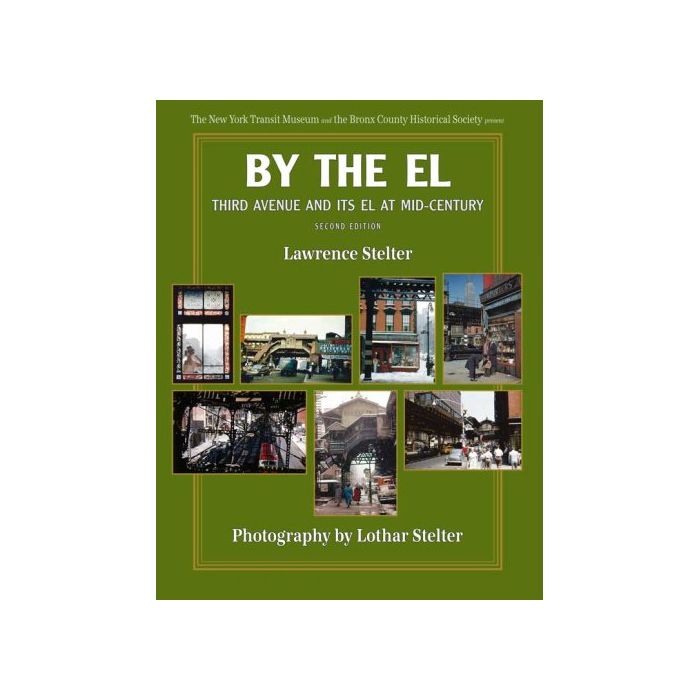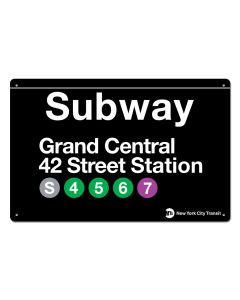
By the El: Third Avenue and its El at Mid-Century Book
by Lawrence Stelter
This is a handsomely produced paperback of vivid photos and old-timers' reminiscences of the Third Avenue Elevated trains that dominated the skyline of Manhattan and the Bronx. Its 200+ full-color photos are mostly from the years shortly before the El was abandoned in 1953 -- divided between pictures of the trains and stations, and the urban life that teemed under and around them. The pictures show neighborhoods filled with mom-and-pop stores, among them a striking number of bars and pawn shops. Street life is well chronicled, and most East Side landmarks (e.g., the Empire State and Chrysler Buildings) feature prominently. Some of the most dramatic photos show the demolition of the elevated structures. The book will appeal to amateur (and maybe professional) historians of New York city's general history and culture, as well as to railroad and mass-transit buffs. The book has the endorsement of the New York City Transit Museum and The Bronx County Historical Society. (It was the subway and elevated train system that directly led to the development of The Bronx by making the remote borough accessible to the business center of New York, downtown.) Joe Franklin, the venerable nostaglist to whose radio program nearly every New Yorker used to listen faithfully, wrote an introduction. So did officials of the transit museum and Bronx historical society. The photos have all been newly digitized and restored to their original vivid colors.
Paperback; 132 pages; 10.9 x 8.4 x 0.4 inches
In stock
Description / By the El: Third Avenue and its El at Mid-Century Book
by Lawrence Stelter
This is a handsomely produced paperback of vivid photos and old-timers' reminiscences of the Third Avenue Elevated trains that dominated the skyline of Manhattan and the Bronx. Its 200+ full-color photos are mostly from the years shortly before the El was abandoned in 1953 -- divided between pictures of the trains and stations, and the urban life that teemed under and around them. The pictures show neighborhoods filled with mom-and-pop stores, among them a striking number of bars and pawn shops. Street life is well chronicled, and most East Side landmarks (e.g., the Empire State and Chrysler Buildings) feature prominently. Some of the most dramatic photos show the demolition of the elevated structures. The book will appeal to amateur (and maybe professional) historians of New York city's general history and culture, as well as to railroad and mass-transit buffs. The book has the endorsement of the New York City Transit Museum and The Bronx County Historical Society. (It was the subway and elevated train system that directly led to the development of The Bronx by making the remote borough accessible to the business center of New York, downtown.) Joe Franklin, the venerable nostaglist to whose radio program nearly every New Yorker used to listen faithfully, wrote an introduction. So did officials of the transit museum and Bronx historical society. The photos have all been newly digitized and restored to their original vivid colors.
Paperback; 132 pages; 10.9 x 8.4 x 0.4 inches









